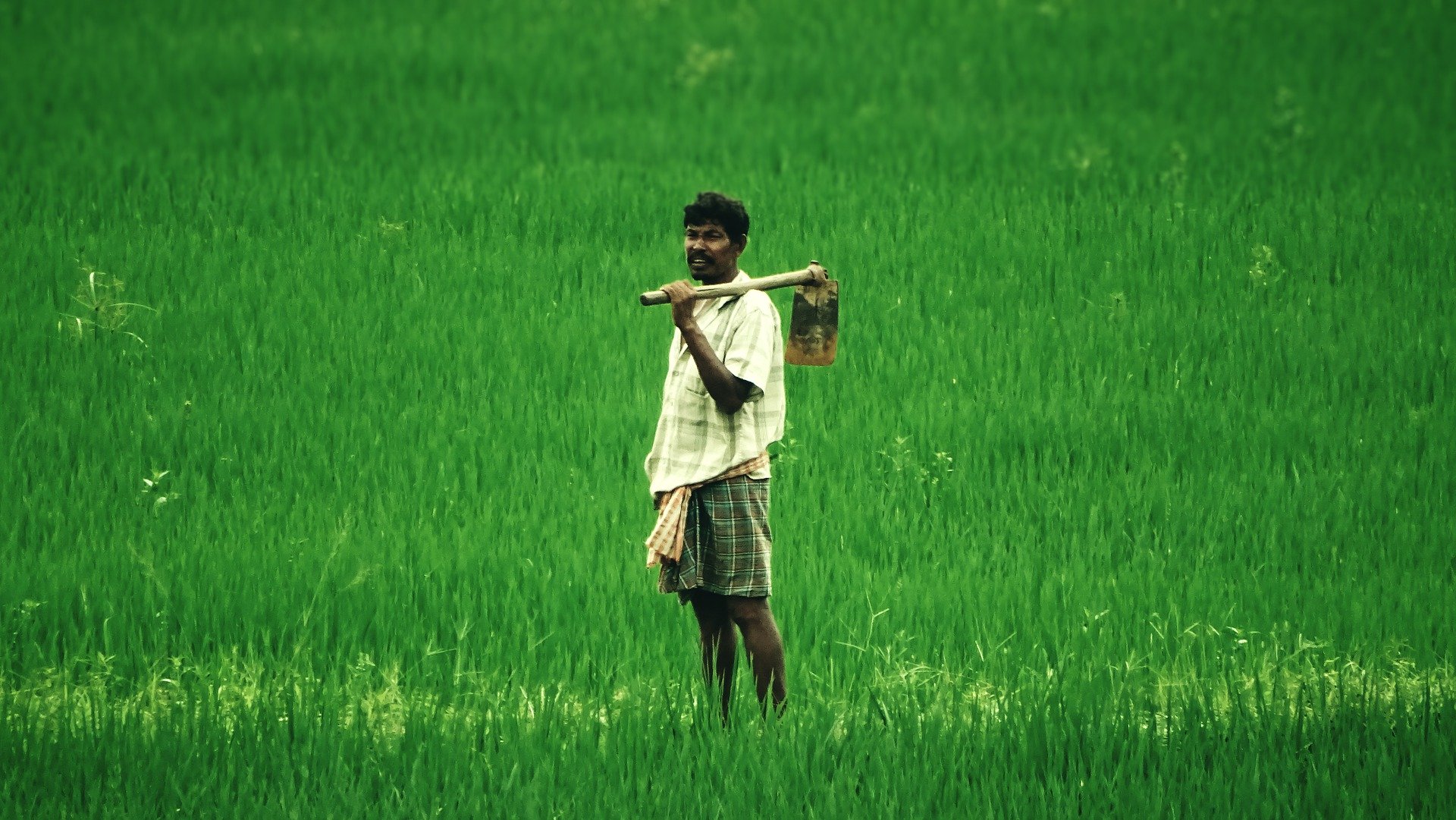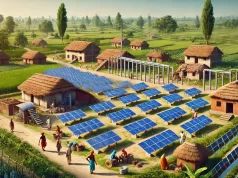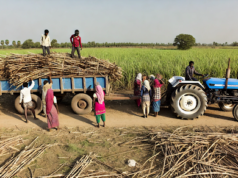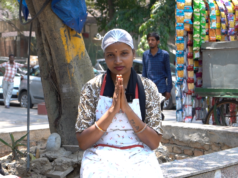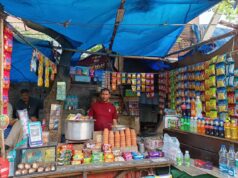Even as farmers’ suicides have decreased over the last few years, the continued incidents highlight the distress in the agriculture sector and the rural economy. It is statistically true that the farmers as a whole commit fewer suicides than other social groups such as housewives, professionals or unemployed youth. However, that is no reason to ignore the issue.
Why do farmers commit suicide?
For urban youth, the causes of suicides are well understood. The trials and tribulations of modern urban life can lead to undue stress leading people to make the desperate decision to commit suicide. Unlike the urban population, overall indebtedness and the agrarian crisis are often cited as a reason for suicide among farmers and farm labourers. However, one of the key factors behind farmers’ suicide is the lack of an alternative livelihood.
Farming is not profitable
In India, deriving basic sustenance from agriculture is increasingly difficult. Most Indian farmers have small plots of land for farming, on which it is hard to scale up the operations or utilise modern technology due to cost barriers. Farm yields in India are much lower compared to the rest of the world. Compared to China, India produces half or less of paddy, wheat, cereals, and pulses for each hectare of farmland.
Further, farm incomes are remarkably low. The NABARD All India Rural Financial Inclusion Survey observed that the average monthly income for agricultural households was merely Rs. 8931 in 2016-17. Out of this, the income from cultivation is only Rs. 3140. And these figures are the average; given the economic disparities in India, it is likely that a handful of farmers are doing well while the rest are barely able to have two square meals per day. These figures are despite successive governments doling out subsidies, loan waivers, higher support prices, and other forms of government support.
Farmers want out
Most farmers in India want to quit farming. In a survey of 5000 farm households conducted by the Centre for Study of Developing Societies, 76 per cent of respondents expressed willingness to quit farming. As agriculture employs about half of the population and contributes to only about one-sixth of India’s; farmers must move out of agriculture if they want to have higher incomes. The government itself has admitted that the agriculture sector can support livelihood for only 14 crore people.
There is only one way out
For anyone who wants to quit farming, suicide is the only way out. Farmers’ prime asset – land is tied up in numerous regulations and restrictions across India. They are unable to lease or rent the land and move towards better employment opportunities. When it comes to selling land, there are barely any buyers because only a farmer can buy farmland in most states in India. If they want to change the use of land from agriculture to some other industry, they are restricted from doing so because of the laws relating to the use of land.
Even if a farmer somehow manages to go through the regulatory labyrinth and manages to get out of farming, where are other employment opportunities? It is simply a bad time to be a job seeker in India, and the situation is unlikely to change anytime soon. So what can farmers do if they want to leave farming? You guessed it right, there is only one way out of farming unless we let change our regressive regulatory policies.
Read More: Farmers, Middlemen and the Way Out
Post Disclaimer
The opinions expressed in this essay are those of the authors. They do not purport to reflect the opinions or views of CCS.

